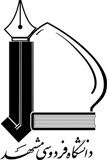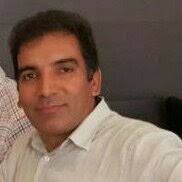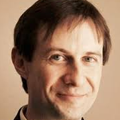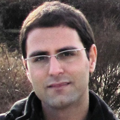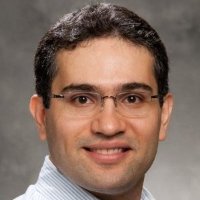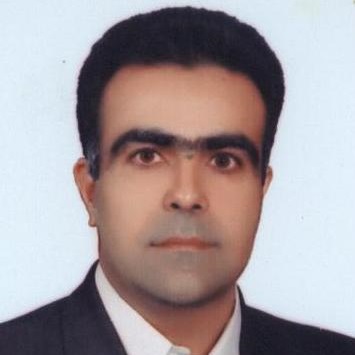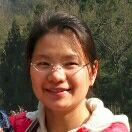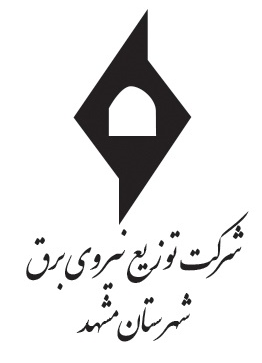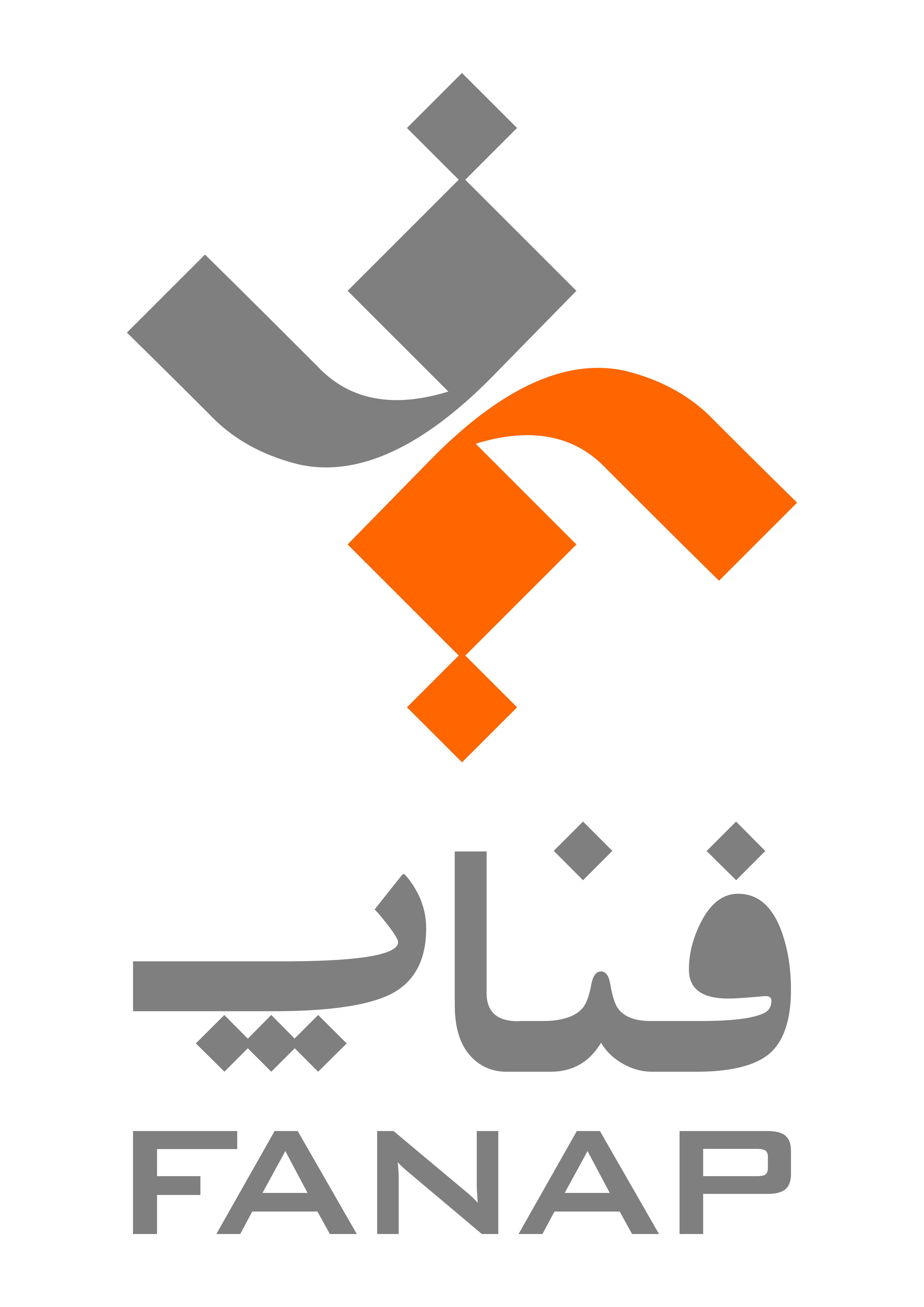The term “smart city” has recently re-emerged in the recent with a focus on data analytics facilitated through the Internet of Things technology (IOT) . IOT is often defined as an intertwined network of objects that act as independent or semi-independent operational agents that interact with their environment and each other. The Internet of Things pulls together research from different areas such as embedded systems, ubiquitous computing and large scale data analytics. Research in IOT and applications of IOT in the domain of smart cities has led to theories and methodologies to 1) collect data from the broader city environment and community and any phenomenon that is linked with them, and 2) analyze data using intelligent data analytics techniques to deliver knowledge and actionable insight; 3) deploy the right socio-technical solutions to fulfil the objective of smart cities, i.e., improve the quality of citizens’ life.
The international conference on smart cities and internet of things aims at providing a platform for reputed researchers, scientists, engineers, and technicians from all over the world to present their latest ideas and innovations on smart cities and internet of things. The conference includes following topics but
Case studies of applying the notion of Internet of Things in the domain of smart cities.
Predictive modeling based on data collected from different smart city domains, e.g., transportation prediction, parking prediction, energy consumption prediction.
Newly developed IoT middleware or applying existing IoT middleware in the domain of smart cities
Developing edge processing devices and techniques for managing data collection and distributed computing in smart cities & Developing streaming techniques for the domain of Internet of Things and smart cities
User modeling and smart cities, e.g., predicting users’ daily activities including recurring actions and usage of city services and proposing actions to improve user experience and energy saving.
Innovative network communication and IoT protocols suited for the domain of smart cities.
Social networks and smart cities, e.g., social trends and city related topics, predicting citizen impressions of different aspects of the cities, community input and feedback required area for city improvement.
Integrating and analyzing internal (proprietary) data with data collected from the city and developing new market opportunities for the city.
Datasets and Evaluation methodologies for predictive modeling in the smart city domain
Important dates
Conference paper submissions: July 7, 2018 (formerly July 1, 2018)
Conference paper acceptance notifications: August 20 , 2018
Camera-ready papers due: September 5, 2018
Conference: September 26 , 2018
.
SUBMISSION.
Authors should submit their paper via easychair. They need to create an account in the system and upload their paper into the conference. The paper must be written in English and contain original material that has not been published or is currently undergoing review elsewhere. Papers are peer-reviewed by a committee of experts in the IoT field and selected based on technical novelty, integrity of the analysis, and practical relevance and impact.Submissions must follow the ACM proceedings format and full-paper should be length 6-8 pages and short papers up to 5 pages. Cases of plagiarism or multiple submissions will be subject to disciplinary action as per rules and regulations refer to ACM Policy and Procedures on Plagiarism.
Authors of the best papers will be invited to sumbit an extended version of their papers to the IET Wireless Sensor System.For more infromation click Here
All accepted papers will be published in the ACM digital library with ISBN number 978-1-4503-6532-1
There is also some rules about submission, please read them here
SUBMIT NOW!Registration
Here are some essential information about registration
National Authors should pay 5,000,000 Rials
International Authors should pay 200 USD
National Non-Authors should pay 2,000,000 Rials
Here are some essential information about payment
For national attendees:
Melli Bank (شعبه پردیس دانشگاه فردوسی مشهد)
Account Number: 0352326918001
Shaba Number: IR650170000000352326918001
Account Holder: همايش شهر هوشمند
Please fill this Form and email it to sciot2018@um.ac.ir
Tutorials
Tutorials provide a valuable opportunity for conference participants to expand their
knowledge and skills on the topic of smart cities and internet of things. Tutorials may focus on
introductory internet of things and smart cities topics, such as main streams in internet of things,
how to develop IOT devices, or on IOT middleware, application of IOT in the domain of smart cities,
practical implication of employing IOT in smart cities.
Tutorials will be held during the first day of the conference in full-day or half-day sessions.
A tutorial proposal consists of two pages describing the topic, the plan for conducting the tutorial, and the backgrounds of the presenters and the tutorial:
The Topic section should include the title, goals, and intended audience of the tutorial (practical vs. academic; beginner vs. advanced). The topic should be described in detail, stressing its importance and timeliness.
The Plan section should include: a preliminary schedule of events including estimated times and length of the tutorial (half-day/full-day); a detailed description of what the tutorial will cover; a justification of the tutorial for SCIOT2018; an explanation of how the tutorial will be conducted; and a link to sample material or notes, especially if the topic is being proposed for the first time.
The Presenters’ Backgrounds section should include relevant biographical information and summaries of the presenters’ technical presentation and tutorial experience.
The Tutorial Background section should include a description of where and when the tutorial has been offered previously and any evaluations that were done.
Important dates
Conference paper submissions: June 1, 2018
Conference paper acceptance notifications: June 30 , 2018
Camera-ready papers due: July 15, 2018
.Program of the International Conference of Smart Cities and IoT (SCIoT2018)
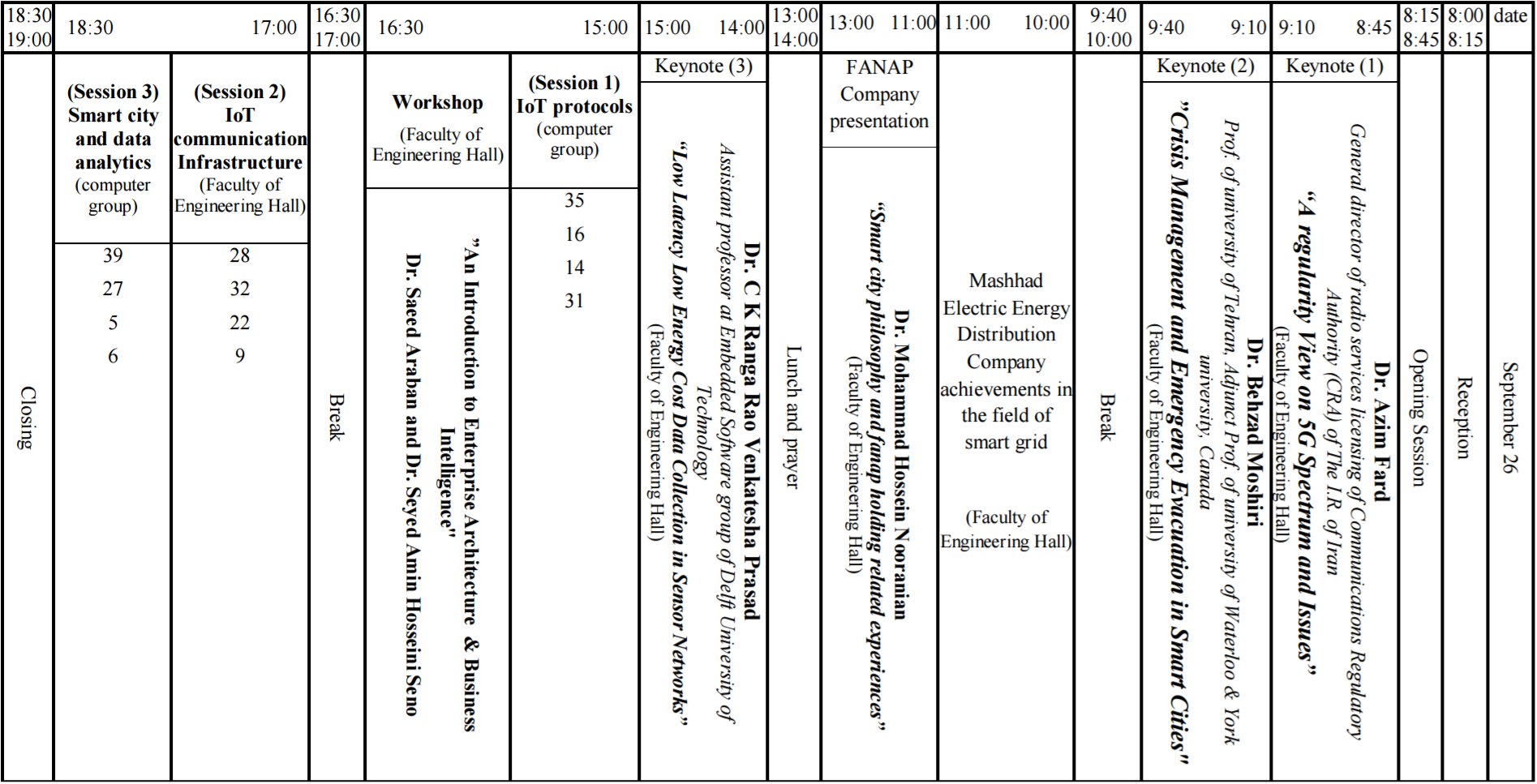
You can also download here from here
COMMITTEES & CHAIRS
General Chairs
Technical Chairs
Publication Chair
Web Chair
Tutorial and Panel Chair
Publicity Chair
Program Committees
Saeid Abrishami, Ferdowsi University of Mashhad
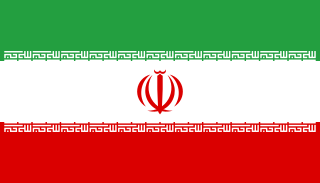

Behzad Moshiri, University of Tehran , University of Waterloo


Donald Adjeroh, WEST VIRGINIA UNIVERSITY


Hamed Ahmadi, Sheffield Hallam University


Mohammad Reza Akbarzadeh, Ferdowsi University of Mashhad


Boualem Benatallah, The University of New South Wales


Javier Berrocal, University of Extremadura
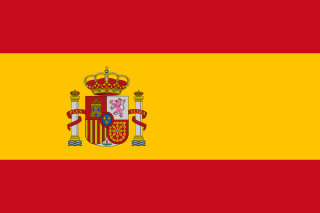

Carlos Canal, University of Málaga


Jose García-Alonso, University of Extremadura


Mahmood Fathi, Iran University of Science & Technology


Massoud Hashemi, Isfahan University of Technology


Hemant Jain, University of Tennessee Chattanooga


Nima Kaviani, IBM


Hamzeh Khazaei, University of Alberta


Bharat Kulkarni, PVPIT
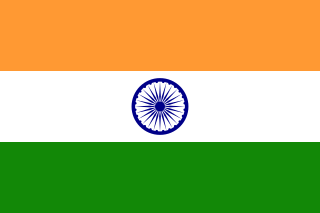

Mehdi Mashayekhi, North Carolina State University


Juan Manuel Murillo Rodríguez, University of Extremadura


Mahmoud Naghibzadeh, Ferdowsi University of Mashhad


Ernesto Pimentel, University of Malaga


Joel J.P.C. Rodrigues, National Institute of Telecommunications (INATEL)


Masoud Sabaee, Amirkabir University of Technology


Robert Schober, University of Erlangen-Nuremberg
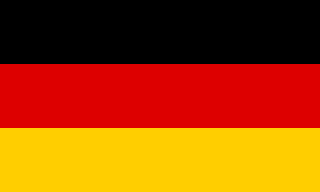

Michael Sheng, Macquarie University


Ali Tizghadam, University of Toronto


Genoveva Vargas Solar, CNRS-LIG-LAFMIA


Lawrence Wai-Choong Wong, National University of Singapore
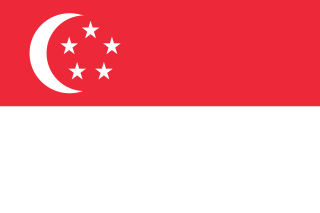

Jian Yang, Macquarie University


Mohamed Younis, University of Maryland Baltimore County


keynote speeches
Title : Low Latency Low Energy Cost Data Collection in Sensor Networks
Abstract : The power of the Constructive Interference (CI) phenomenon was exploited for the first time by Ferrari et al. through their Glossy paper in IPSN 2011. Instead of avoiding interference by neighboring nodes, the Glossy protocol deliberately orchestrates simultaneous transmissions to achieve fast and efficient network-wide flooding. That insight of "embracing interference" prompted many researchers to go back to the drawing board. However, from the previous studies, there appears to be an inconsistent and often contradicting picture about the working of CI. In this keynote I will sketch the main developments around Constructive Interference over the last 5 years. Further, I will present not only the understanding of CI with theory and rigorous experimentation, but also question its actual existence.
Presenter : C K Ranga Rao Venkatesha Prasad
for more information about speaker please click here
Title : Crisis Management and Emergency Evacuation in Smart Cities
Presenter : Professor Behzad Moshiri,Prof of university of Tehran, Adjunct Prof. of university of Waterloo & York university, Canada
Abstract : An emergency is a situation or an impending situation that constitutes a danger of major proportions that could result in serious harm to persons or substantial damage to property and that is caused by the forces of nature, a disease or other health risk, an accident or an act whether intentional or otherwise. Emergencies vary in intensity and complexity depending on factors such as time of occurrence, weather conditions, and severity of impact, nature of the infrastructure and buildings, and demographics. Emergency evacuation is the immediate and urgent movement of people away from the threat or actual occurrence of a hazard. An optimal decision based on the information sources available could be made using data/information fusion methods. Low level fusion strategy just provide the information of the primary shock, but higher level fusion is in fact a natural requirement of any effective data fusion system for the Crisis Management Problem for a typical smart city. Identification, recognition and attribution of individual objects are not sufficient to guide an effective coordinated disaster response. There is a need to convert data about individual bridges, ambulances, fires, and casualties into usable knowledge about the disaster scene. Therefore using high level data fusion provides optimal knowledge discovery and consequently yields to an intelligent decision making process.
Title : A regularity View on 5G Spectrum and Issues
Presenter : Professor Azim fard
Abstract : World Radiocommunication Conference in 2019 (WRC-19) would review the result of compatibility and sharing studies for identification of new candid frequency bands for responding spectrum-needs of next generation cellular mobile network, well known 5G. Communications Regulatory Authority of Iran, has been actively participated in harmonized preparations for in-time introduction of new technology and corresponding applications. In this preparations, many regulatory issues as well as technical issues should be studies and resolved. Preparation of enough new bandwidths in millimeter-wave frequency range, among other issues, is a time consuming task. The following items on related spectrum management issue would presented: • Quick view of 5G around the world • Roadmap for 5G commercialization • Candidate new spectrum for 5G in the world and Iran • General process of spectrum allocation in Iran • Incumbent systems in the candidate bands for 5G • Methodologies for sharing and compatibility studies • Key issues to facilitate sharing Future expected actions • Future of IoT
Webinars
Webinar 1:
Title : Smart Cities Framework with Digital Technologies Learning from Singapore & South East Asia
Abstract : Advancements in communication and computing technologies with IoT, AI, Robotics are helping organizations to solve some of the difficult challenges. However, “Smart City” initiatives are sometime envisioned as a science fiction and futuristic technologies all around us. Definition of smart cities and approach changes with region, culture, infrastructure and capabilities readiness. Smart cities endeavor should be to make cities more efficient, sustainable and liveable. While the problems may be similar in two cities, but the solution cannot be replicated to address them. A Smart City Framework built with best practices will serve as guidelines and help business & technology leaders, city planners at government agencies to keep key challenges and opportunities in consideration, and how to overcome the technology, commercial and adoption risks. In this webinar C K Vishwakarma will share insights and learning, best practices and approach adopted in Smart Nation Singapore. How other South East Asian countries are starting their journey and initiating Smart Cities projects.
Date : May 28th 12:30pm-2:30pm Local time And 8:00 AM-10:00 AM GMT
Presenter : C K VISHWAKARMA, The Founder of IoTSG & AllThingsConnected
Brief biography: CK is a Senior Business Strategy, Program Management and Technology leader with over 15 years of extensive international experience in solutions architecture, program management, and business process transformation. CK works with organizations crafting Digital Journey, and MakeIoTHappen Strategy. CK also conducts business and technology research, speaks at leadership forums, prestigious international conferences, and advise senior leaders on how advanced technologies can prime enterprises for the future. He has created new strategies, and frameworks on how the traditional methods of operational technologies can be integrated with new connected technologies for the successful implementation of Digital Initiatives. He founded both IoTSG and AllThingsConnected. IoTSG is the biggest IoT and Deep Tech focused Special Interest Group in South East Asia. AllThingsConnected is an end to end IoT project organization based in Singapore. He is also advise numerous IoT startups, incubation programs, and an Associate Faculty- IoT at Singapore University of Social Sciences & Republic Polytechnic, Singapore. Connect with CK on LinkedIn | Twitter
Venue: SCIOT2018 will be held in the Ferdowsi University of Mashhad which is a university in Northeastern Iran named after the great epic poet Ferdowsi who is the author of Shahnameh. Mashhad is known as a place of religious pilgrimage. It’s centered on the vast Holy Shrine of Imam Reza, with golden domes and minarets that are floodlit at night.
Getting visa and Hotel reservation:For more information about getting visa and hotel reservation please visit this link.
